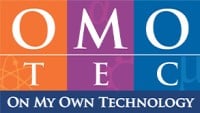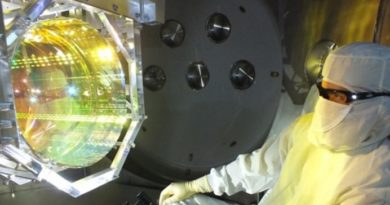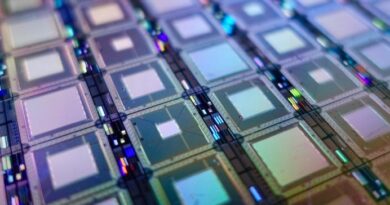Company Debuts Quantum Computing Toolset for Drug, Battery Material Tests
Zapata debuts Orquestra, a quantum computing platform for the next generation of advanced workflows.
Zapata has released a workflow-based, unified toolset for applied quantum computing for commercial use — called Orquestra, it brings quantum capability to devices both quantum and classical, according to an early release shared via email with Interesting Engineering.
Orquestra is the first and only end-to-end, workflow-based quantum computing toolset to help government, academic, and commercial users build and enhance quantum capabilities. Additionally, users will have direct access to Honeywell’s quantum computer machine — putting the value-adding labor in the hands of clientele.
Zapata has backing from Prelude Ventures, The Engine, Comcast Ventures, Pillar VC, Pitango Ventures, and many others. This project is moving forward in close collaboration with Microsoft, Amazon, Google, IBM, Honeywell, IonQ, and Rigetti.
“It is amazing to finally use the Honeywell system directly through Orquestra,” said Corneliu Buda, a molecular modeler at BP and Orquestra customer, according to Zapata. “The algorithms we are working with are complex, to say the least, and running them through Orquestra on real quantum devices is game-changing.”
Users of Zapata’s Orquestra platform may compose, run, and analyze extremely complex quantum-enabled workflows at unprecedented scales. The toolset enables workflows in multiple development languages, along with access to library functions from numerous present-day quantum computing technologies.
Science and quantum-focused teams may leverage Orquesta in predicting the performance of various candidate materials for forthcoming battery designs — a major topic of Tesla’s recent Battery Day.
Orquestra will also simulate and analyze the effectiveness of pharmaceutical drugs. In theory, this could help advance the development of sorely-needed vaccines to curb the spread of the COVID-19 coronavirus.
Delivery systems — whether via advance drone technology, or traditional delivery — may see further optimization to a new level of efficiency. Additionally, exotic derivative pricing models could see improved accuracy, according to Zapata.
With such a wide range of applications, it seems nearly every industrial sector may see a quantum computing revolution as workflows evolve into a level of complexity that soars above classical capabilities. In light of this, Zapata’s quantum computing toolset Orquestra feels like a preview of the future computing infrastructure.
Source:https://interestingengineering.com




